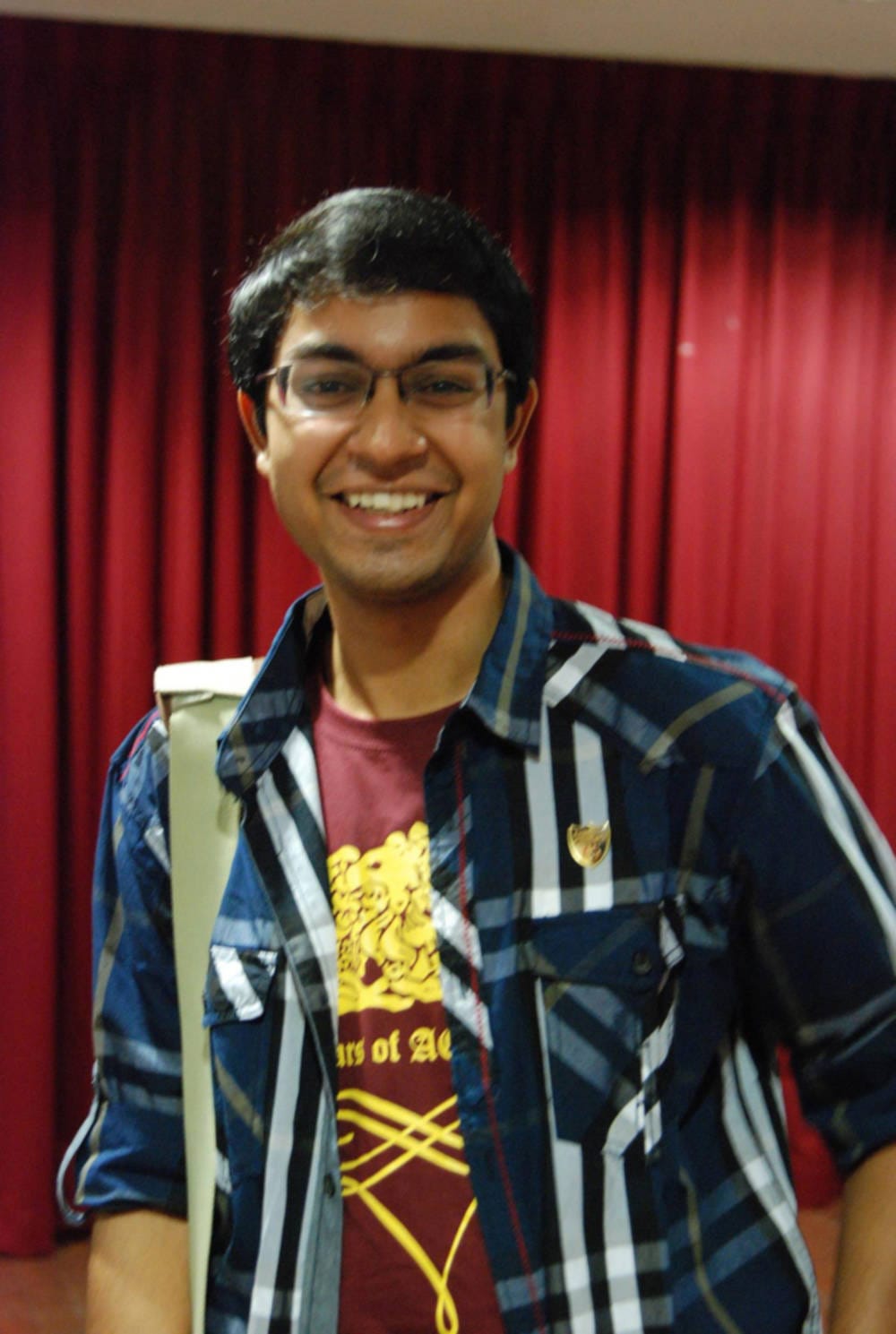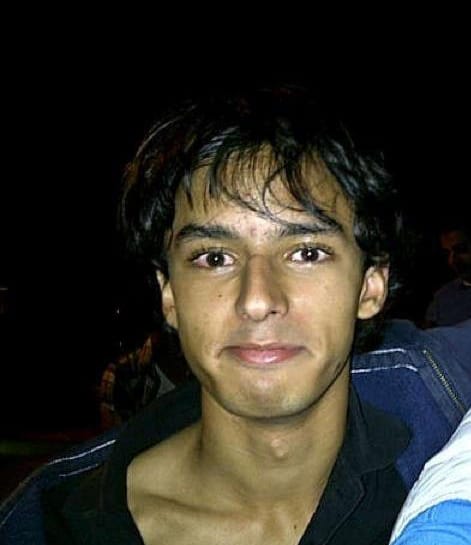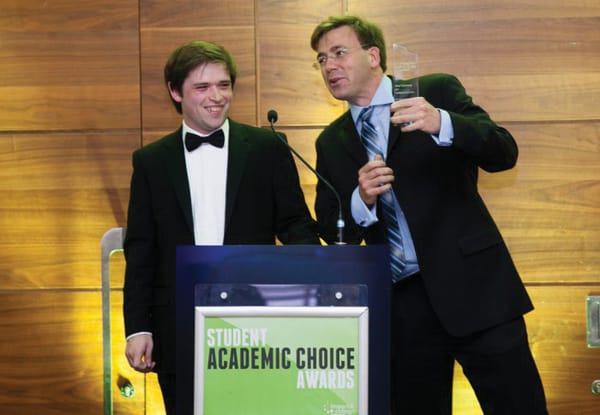Horizing to the challenge
Tim Arbabzadah sees what some first years made of the Horizons courses

It’s drawing to the end of another year at Imperial. Everyone has some kind of big deadline looming, except for the lucky few that finish early. It’s around this time that extra curricular activities suffer. If you go to level 4 of the Library and suggest to someone that they do work for something that will give them precisely zero marks, then you’re risking a punch in the face.
That’s what Imperial Horizons has been doing this year, and it’s been surprisingly effective. Reasons for this could be everything from students wanting to learn a new skill to the more cynical CV padding. Although, the idea that an employer would be shaking with excitement at seeing that you did an extra course at university is a bit strange. Either way, people have been doing these courses. Next year some Departments will let students do these courses for credit. Mainly it seems that students are enjoying the courses and doing them as a way to break out of the science and engineering world, or perhaps just take on a new challenge. Plus, it’s a good way to meet some new people.
The first thing to address is the name. The pun department weren’t exactly on overdrive when they fished it out. We get it. Expanding our horizons. Har har. Anyway, more importantly, what did people think of the courses?

SOLE feedback shows that 80% of people think that the structure and delivery of the teaching was either good or very good. This is a fact that the Horizons team say they are particularly proud of. In fact, nobody said that the teaching was very poor and only 2% considered it to be poor. The majority actually rated it as very good. At Imperial, where almost everyone is a scathing critic of teaching, this is certainly impressive.
The content is a similar story. Again, very good and good dominated the bar chart: 72% said the content of the course was desirable.
Lloyd Fung, who took the Energy and Climate Change course, said that he took the option as he was “very interested in related technology”. He said that it did not get in the way of his other studies and that he would like to do a follow up course, if possible. His favourite part of the course was that different perspectives were given on an issue. He said it gave him a “wider perspective” as opposed to “looking [at] it as a scientist or engineer”.

Shiladitya Ghosh did his Engineers Without Borders Global Challenges course as he “was really keen to learn about the holistic implementation of engineering design in the real world out there”. He enjoyed the course but would want a new challenge and to try something different next year, possibly Mandarin or German. Shiladitya admitted that the work got in the way of some other submissions at the end of spring, but said: “I have lived to tell the tale… at the end day, it’s due to such stress that I felt I really got something out of the course as well.”
Arijit Gupta’s favourite part of his Introduction to Mandarin course was learning his first Chinese symbols. It didn’t get in the way of his other studies, and he said it was “a nice change from maths”. He is already planning to take the next Mandarin course.










